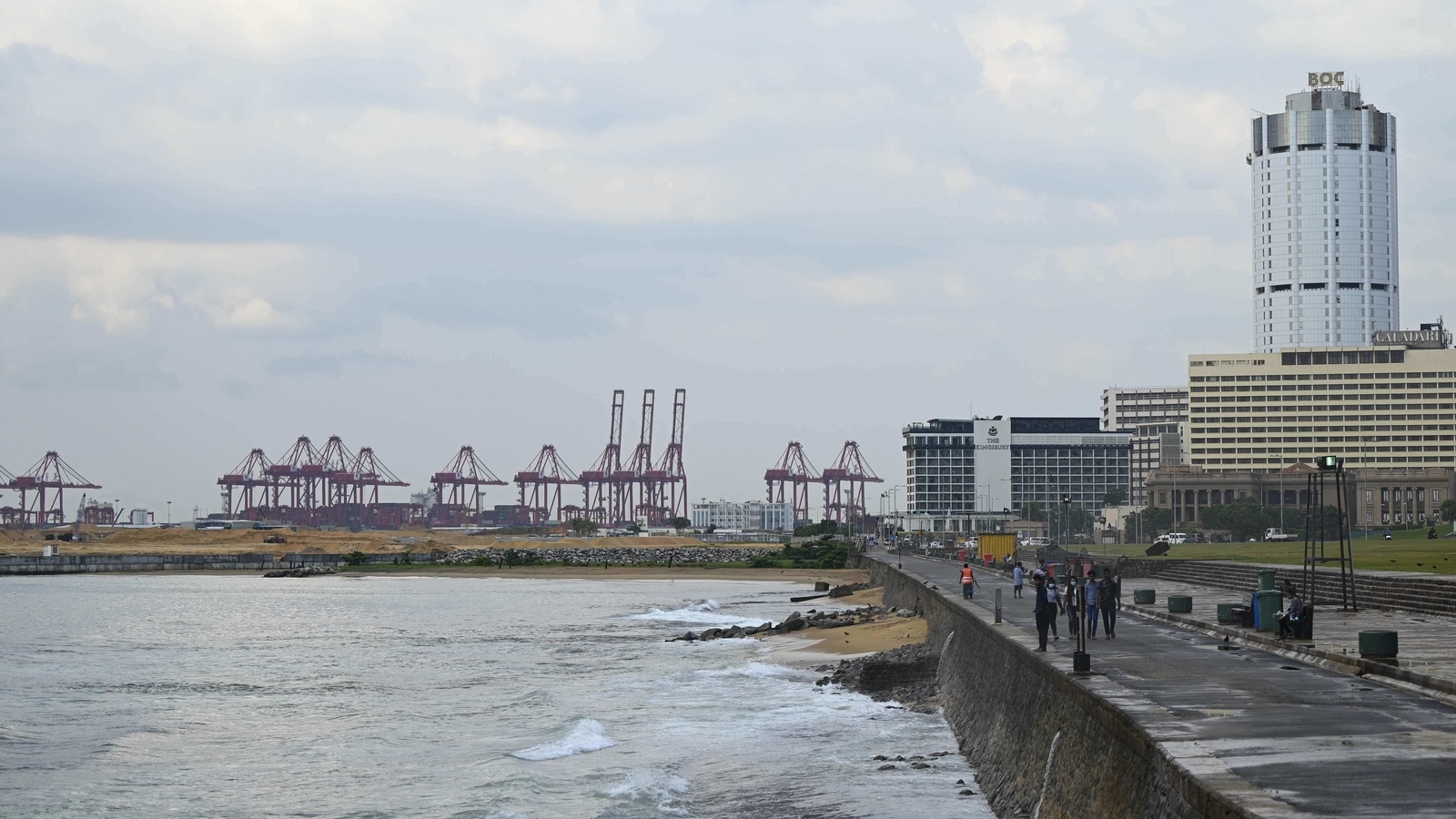Sri Lanka offers to develop new port terminal with India, Japan amid differences

Sri Lanka on Tuesday offered to develop a container terminal of Colombo port with investors from India and Japan, almost a month after it cancelled a tripartite agreement signed in 2019 on developing another facility with the two other countries.
Caving in to pressure from labour unions, Sri Lanka decided on February 1 to scrap the agreement signed with India and Japan on developing the East Container Terminal (ECT) of Colombo port. The unions had opposed a joint venture with Indian and Japanese investors holding a 49% stake.
On Tuesday, a Sri Lankan government spokesperson told the media in Colombo that a meeting of the cabinet on Monday decided to develop the West Container Terminal (WCT) of Colombo port as a public-private limited company with parties nominated by the Indian and Japanese governments.
People familiar with developments in New Delhi and Colombo said on condition of anonymity that no decision has been made as yet by authorities in India and Japan regarding participation in the WCT project. The people also pointed out the agreement on ECT was a tripartite mechanism involving all three governments, whereas the Sri Lankan government’s decision on WCT is aimed at private investors.
Both India and Japan were irked by Sri Lanka’s sudden move to scrap the ECT agreement. India said at the time it expected Sri Lanka to abide by the agreement on the trilateral development and operation of the key terminal, while Japan said it was “regrettable” that Sri Lanka had opted to hand over operations at ECT to a state-run body instead of sticking to the agreement.
The Sri Lankan government spokesperson’s announcement on Tuesday said the build, operate and transfer (BOT) plan for WCT was forwarded to the Indian and Japanese missions in Colombo with a request to “nominate investors”.
The spokesperson contended a proposal presented by Adani Ports and Special Economic Zone Limited (APSEZ) had been “approved by the Indian high commission” while the Japanese side was yet to name an investor.
The spokesperson further contended the Sri Lankan cabinet had approved a proposal to develop WCT on build, operate and transfer basis for 35 years along with APSEZ, its local representative John Keels Holding PLC and Sri Lanka Ports Authority.
However, the people cited above said there was “no question” of the Indian mission approving any investor. “This new decision by Sri Lanka is about creating a public-private partnership for attracting investors, and there is no role for the government,” said a person.
The Japanese side too has been in touch with the Sri Lankan government on the ECT issue and has not made any decision regarding WCT, the people said.
Former ambassador Vishnu Prakash said the Sri Lankan government’s decision was more of a damage control exercise. “WCT is neither as significant nor as economically viable as ECT. The disposition of Sri Lanka is noteworthy in that it swings away from India whenever a key decision has to be made. At a time when India and Japan are trying to reach out, it rankles that the other side is not upfront about what it is doing,” he said.

“평생 사상가. 웹 광신자. 좀비 중독자. 커뮤니케이터. 창조자. 프리랜서 여행 애호가.”
